Organizers

Charley Wu
charley.wu[at]uni-tuebingen[dot]de
Dr Charley Wu is the PI of the Human and Machine Cognition Lab at the University of Tübingen, which is jointly funded by the Excellence Cluster “Machine Learning for Science” and the Tübingen AI Center. Using a combination of statistical and machine learning models, his team seeks to understand the cognitive shortcuts that allow humans to learn efficiently and behave intelligently, both individually and in groups. Drawing on an extensive background in computational modeling of behavior, Charley will provide students with a gentle introduction to the fundamentals of computational modeling in social settings.
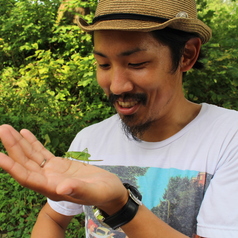
Wataru Toyokawa
wataru.toyokawa[at]riken[dot]jp
Dr Wataru Toyokawa is a Unit Leader at the Computational Group Dynamics (COGNAC) Unit at RIKEN Centre of Brain Science, Tokyo. and is the project PI at the Centre for the Advanced Study of Collective Behaviour, University of Konstanz. Using computational modelling and Bayesian statistical methods, coupled with real-time online behavioural experimentation, he studies social behaviour, group dynamics, cultural evolution, as well as their eco-evolutionary implications in humans and non-human animal societies.
Keynote

Meg Crofoot
Dr. Margaret Crofoot is a behavioral ecologist and evolutionary anthropologist interested in the evolution of social complexity. In her research, she combines observational methods and field-based experiments with emerging remote sensing technology, to reveal how group-living animals overcome conflicts of interest to achieve shared goals. She is particularly interested in how group-level traits emerge and the ways in which they shape the collective ecology of animals’ societies. Crofoot is currently a Director at the Max Planck Institute of Animal Behavior and Full Professor at the University of Konstanz.
Instructors

Alberto Acerbi
Alberto.Acerbi[at]brunel[dot]ac[dot]uk
Alberto is a researcher in the field of cultural evolution. His work is at the interface of psychology, anthropology, and sociology. He is interested in particular to contemporary cultural phenomena, and uses a naturalistic, quantitative, and evolutionary approach with different methodologies, especially individual-based models and quantitative analysis of large-scale cultural data.
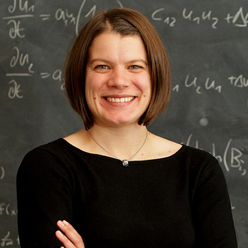
Anne Kandler
anne_kandler[at]eva[dot]mpg[dot]de
Anne Kandler is a senior scientist at the Max Planck Institute for Evolutionary Anthropology. Her research is focused on generalising the theoretical foundations of cultural evolution to include features like complex trait architecture and population structure, or cognitive processes such as personal memory and explore their impact on the evolutionary process. She combines these theoretical approaches with empirical research by developing and applying suitable inference frameworks.
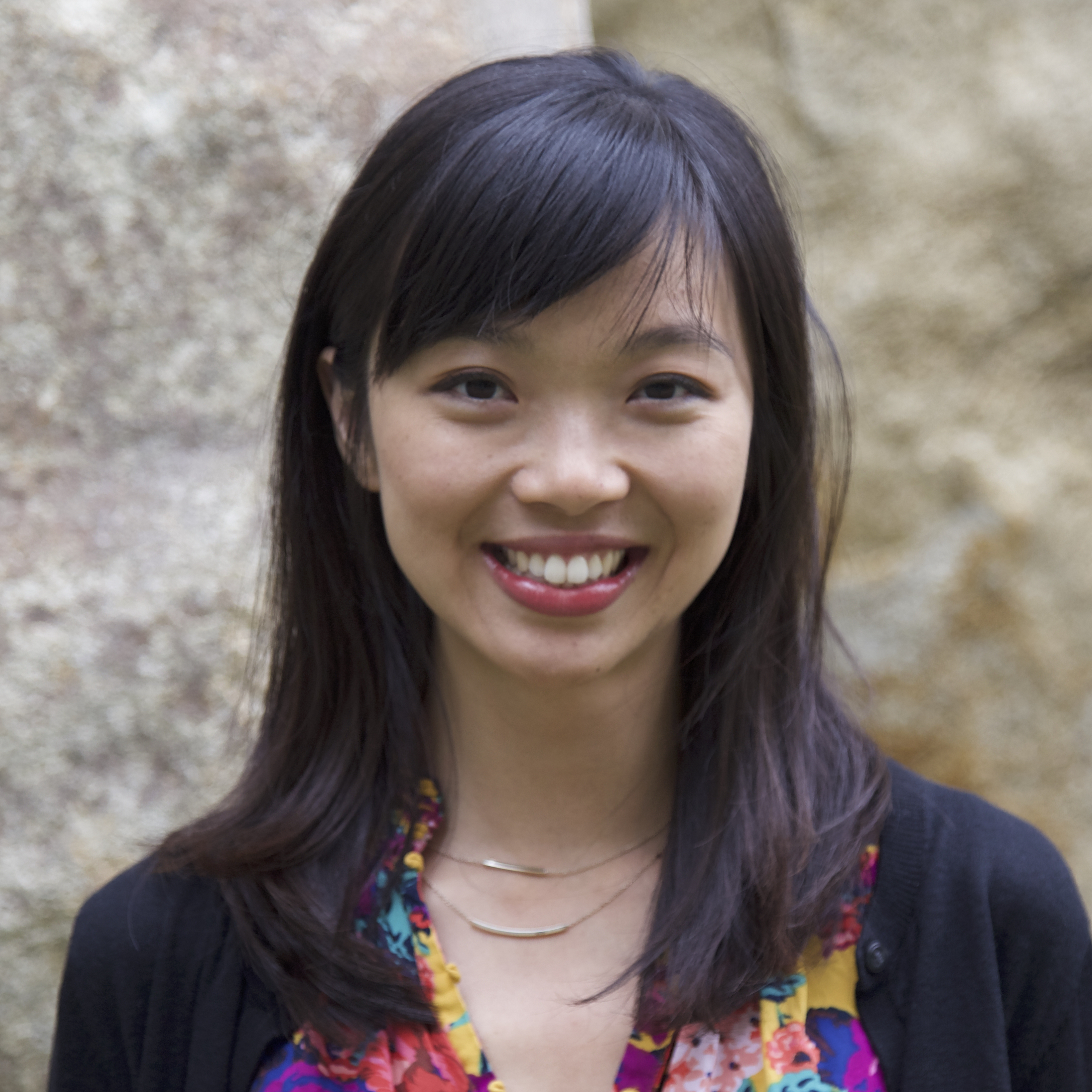
Judy Fan
Judy Fan is currently Assistant Professor of Psychology at the University of California, San Diego and incoming Assistant Professor of Psychology at Stanford University in July 2023. Research in her lab aims to reverse engineer the human cognitive toolkit, especially how people use physical representations of thought to learn, communicate, and solve problems. Towards this end, her lab employs converging approaches from cognitive science, computational neuroscience, and artificial intelligence. She received her PhD in Psychology from Princeton University and her AB in Neurobiology and Statistics from Harvard College.
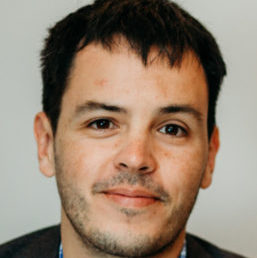
Julian Jara-Ettinger
julian.jara.ettinger[at]gmail[dot]com
Julian Jara-Ettinger is an assistant professor of psychology at Yale University, with affiliations to the Computer Science department, the Cognitive Science program, and the Wu Tsai institute. Julian received his bachelor’s degree in physics and mathematics at the Universidad Michoacana in Mexico and his PhD in Cognitive Science at MIT. At Yale, Julian’s research group—the computational social cognition lab—aims to characterize the representations and computations that support human social cognition, understand how they emerge and develop, and use them to build more human-like machine social intelligence.
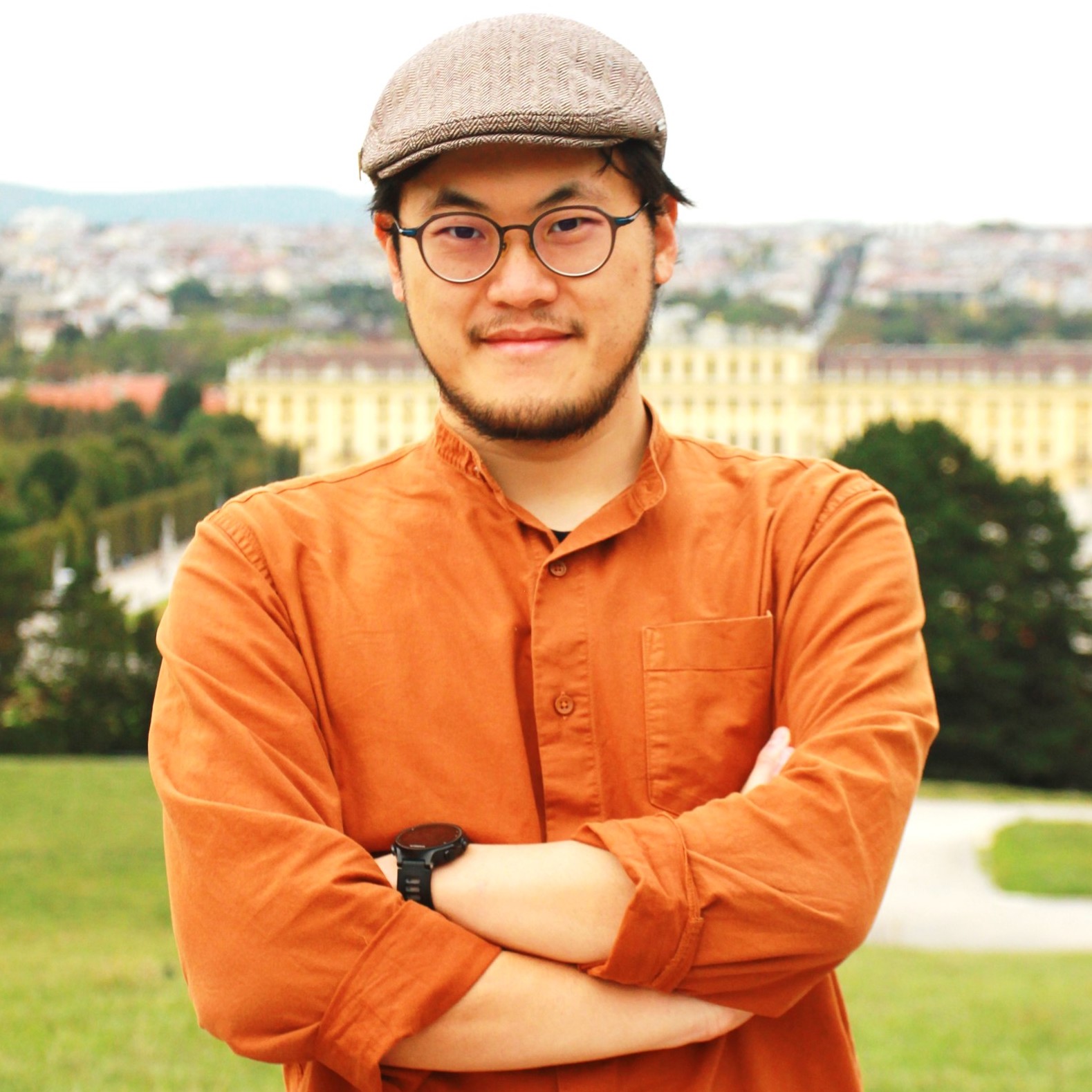
Lei Zhang
l.zhang.13[at]bham[dot]ac[dot]uk
Dr. Lei Zhang is an associate professor at the Centre for Human Brain Health, School of Psychology, University of Birmingham. His research addresses the fundamental question of the “social brain” by studying the cognitive, computational, and neurobiological basis of social learning and decision-making in healthy individuals (across the lifespan), and in psychiatric disorders. In his lecture, he will talk about the implementation of a simple reinforcement learning model within the (hierarchical) Bayesian framework using Stan (http://mc-stan.org/).
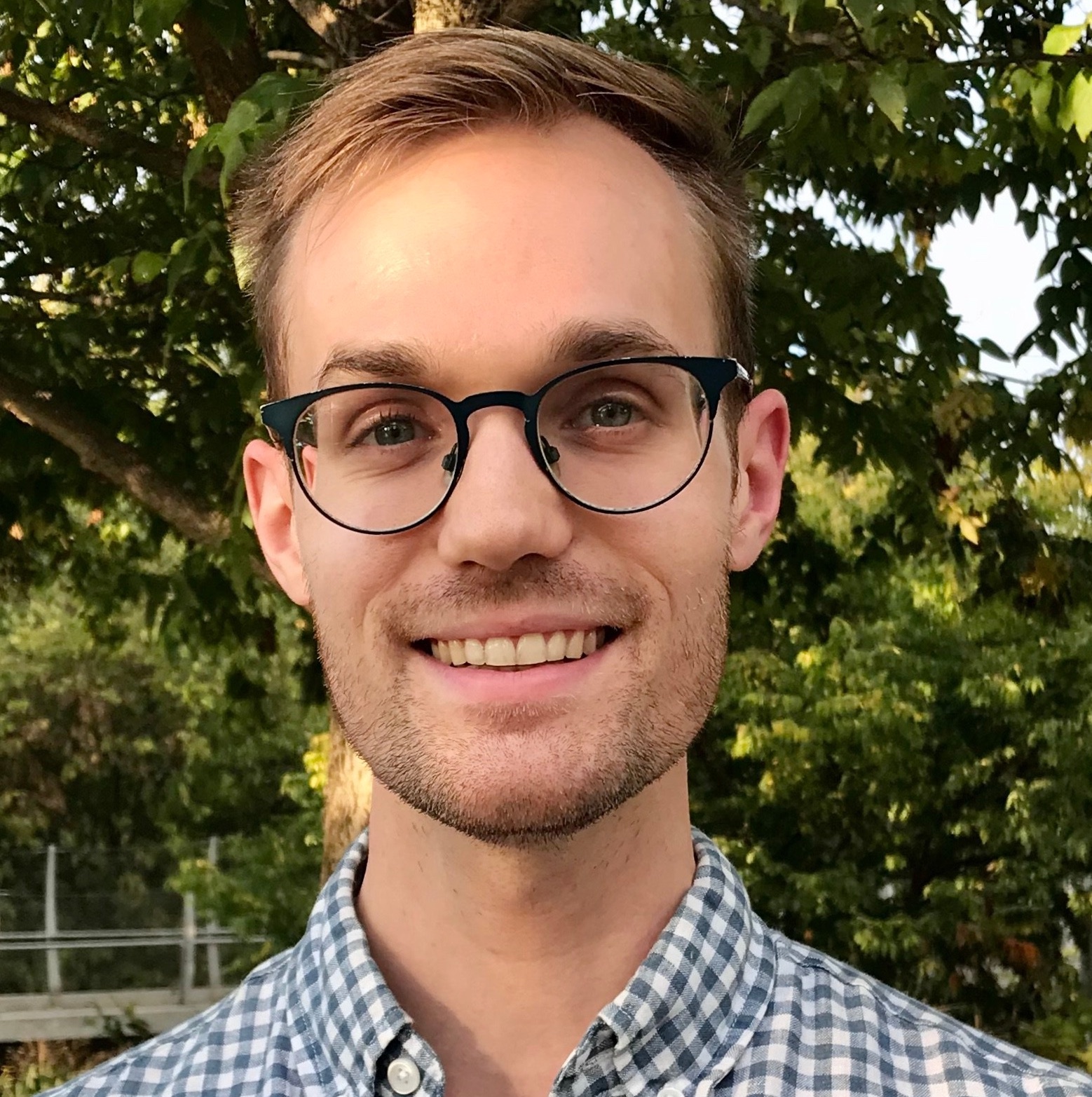
Robert Hawkins
rdhawkins[at]princeton[dot]edu
Robert Hawkins is a post-doctoral researcher at the Princeton Neuroscience Institute and incoming Assistant Professor of Psychology at the University of Wisconsin, Madison. He received his PhD in Psychology from Stanford University and his bachelor’s degree in mathematics and cognitive science at Indiana University. His research group investigates the cognitive mechanisms that allow collectives to flexibly communicate, collaborate, and coordinate on social conventions. His interdisciplinary approach combines computational models of communication and social inference with large-scale multi-player experiments.
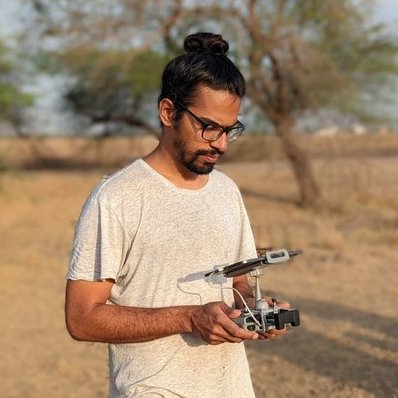
Vivek Hari Sridhar
Vivek Hari Sridhar is a post-doctoral researcher in the Department for the Ecology of Animal Societies, at the Max Planck Institute of Animal Behavior. His interests lie in understanding fundamental principles that govern spatiotemporal computation in biological systems. To do this, he uses various techniques in computer vision and machine learning for data pre-processing and analysis. By taking inspiration from statistical physics and combining this with mathematical models and individual based simulations, he hopes to elucidate the link between the individual and the group at both generational and evolutionary timescales.